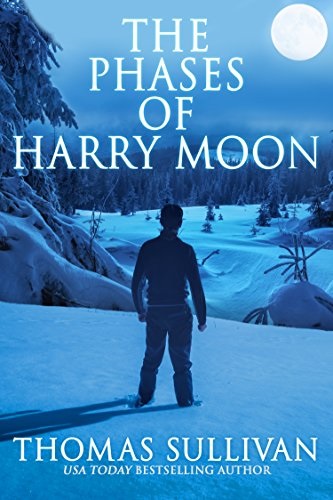MARCH 2024 SULLYGRAM:
Strikes me that the most productive thing a person can do when they shed
youthful indifference is to ponder life’s most stone-cold fact. In six syllables:
you are going to die. No Faustian bargain, no scientific breakthrough to
earthly immortality, no spare-part upgrades to a buff eternal you. Peruse all
the histoire you want, its hoot and holler and artifacts, books, film,
photos, monuments, and then recognize that all humans who sucked up oxygen
before the 20th Century are gone. Every single one (with apologies
to Keith Richards). Crickets. Dust.
Now, don’t freak out, I’m not going macabre. Death is
totally natural, so whatever is in the next room must be absolutely OK. Maybe
the only equality we have comes when our energy separates from our matter. I
myself believe in the permanent echo of something, be it energy or
consciousness, an identity of soul in a divine plan with myriad manifestations.
But that’s neither here nor there, so to speak. I’m writing now about our blink-of-an-eye
lifespans on this tiny bit of real estate in the vast cosmos.
So, once you shed youthful indifference to having a
shelf life, a rough plan may be in order lest your bucket list fit into a
fortune cookie. You could run around, wander, seek out pleasures. Or just
follow the herd – always a popular choice. Food, shelter and sex will be fundamental
drivers, of course. Do you conform to the social order you were born into? Are
you a rebel, a maverick, an independent thinker? Maybe you go through life in
fits and starts, changing paths, a buffet of everything. Guilt and fear dominate
the course for many; love and acceptance dominate for too few. But if there’s a
lynchpin that consistently locks our actions, attitudes and choices together, it’s…I
can’t say it. Well, what the hell. Lots of phrases say the same thing, even
though it comes down to semantics. Let me refine it this way: the core reflex
that molds our lives is our tolerance (or intolerance) for freedom.
…tolerance for freedom in one’s self and in others. Or
to put it negatively, where does your insecurity begin? How much control do you
need of your life in order to feel safe in taking risks or in the riskiness of
others? The less control you need, the more freedom you enjoy; but, of course,
more isn’t always better. The degree of it is a key element in relationships,
cultures, religions, societies and national underpinnings, if you think about
it. Laws and agreements try to strictly manage freedoms, while morality
(possibly the most changeable and misused concept on the planet) does the same
thing more passively. Morality seeks to grant us permissions, but it also clucks
at freedom by weaponizing values, mores, customs, traditions, styles, habits,
rites, facades, etc. That said, the concept of freedom doesn’t just apply to degrees
of social conformity through laws and morality. It goes to the heart of
personality, individuality and creativity.
Artists, discoverers, innovators, inventors, entrepreneurs
– transitional people – all seize the freedom to be different. They break the
mold, let go the tether. Much risk of failure there. At a minimum, they could
be wrong or rejected or ignored. Or more stingingly, they could face derision,
scorn, loss of time and fortune. But for those whose need to take a risk is
bred in the bone, society’s fickle castigations mean little compared to
stagnation within themselves. The true connoisseur of freedom sooner or later
recognizes that even money and fame can lead to dead ends in one’s soul. A very
wealthy person I knew who summed themselves up as “I climbed Mount Moolah”
found that the view from the top left nowhere to go. Another, whose fame was
locked into decades-old recognition, felt paralyzed and unable to grow. Actors,
musicians, performers may search out directing, writing or producing in order to
have more freedom in their labors. In less glamorous professions, employees climb
the ladder with an eye toward reaching the penthouse and enjoying a greater
latitude.
In my own humble kicking out against life’s smaller cocoons,
I think I realized early-on that I wanted freedom for its own sake. One of my
fantasies in sports was that if I knew I was about to set a world record while
following that black line on the bottom of a swimming pool, I would stop before
I touched the finish pad. You could call me an expert on failure in a lot of
venues, but freedom never let me down. Even writing morphed into something exclusionary.
The early successes I had came out of traditional New York publishing, and no
doubt a good deal of my ego and material dreams were contained between the
covers. I know that because when e-books came along, meaning that virtually
anyone could become a self-published author, it dampened my motivation.
Ironically, I got it back when I read somewhere that
if the shelf space in the Library of Congress was a road, it would stretch over
850 miles! The foot or so my books occupy suddenly didn’t mean much. Guess you
could call my contribution a pothole. But when you vacate recognition, liberty takes
the throne. On the other side of that pothole was a whole new world of anonymous
freedom. I began ghost-writing for famous people, and that set me free from the
three stages in human motivation that I saw in them and in myself. Put
simplistically, most of us start out chasing sex, love and money; then in
mid-life we want control over all the things that frustrate us in careers and
relationships; and finally, fully seasoned, we seek a meaning to it all that
justifies the choices we’ve made and who we are.
For the ghost-writer, or any freedom junkie, that
anonymity is the pinnacle, a fulfillment of a life-long quest to escape clichés,
groupthink and social conditioning. You become “a real boy, Pinocchio” – free of
strings! Identity is still relative, of course, but purposely disregarding
one’s place in pecking orders drains away everything repressive and can even change
the actuarials that turn people into statistics. There is amnesty in that, an autonomy
from rules that unleashes energy, optimism and creativity. In a way, it’s a
Fountain of Youth. If you can’t avoid earthly death, you can at least minimize
the decline and decay that people so often surrender themselves into through society’s
myths about aging. The great Pablo Casals, who lived to age 97, had the
perspective to transcend such shackling mind-sets. When, at age 81, he married
20-year-old Marta and someone pointed out the obvious, he said, “I look at it
this way, if she dies, she dies.” He also kept practicing his music daily well into
his 90s and when asked why, famously replied: “I think I’m making progress.”
That’s freedom down to the grace note.
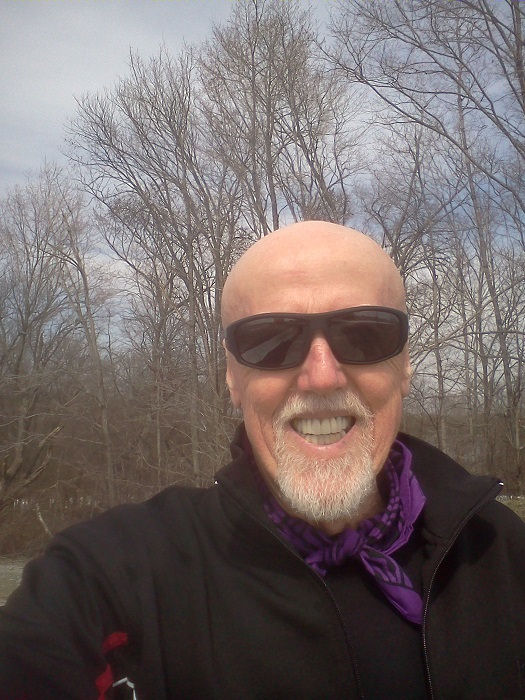
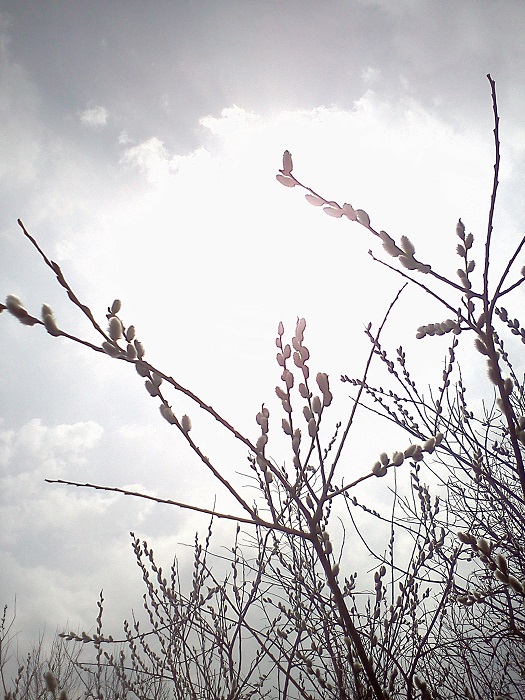
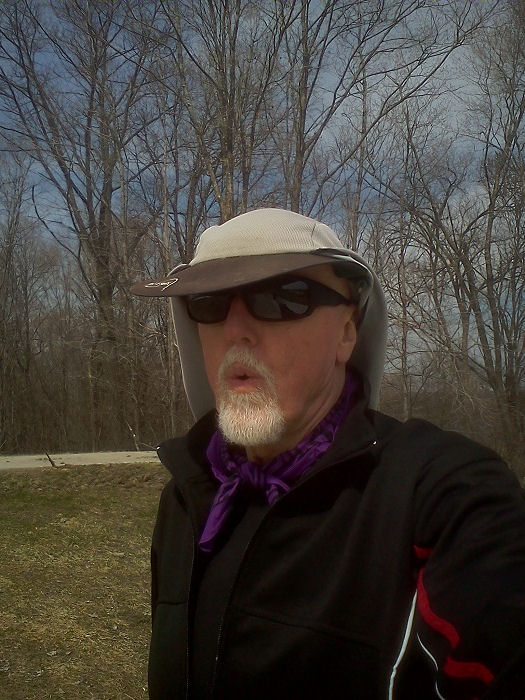
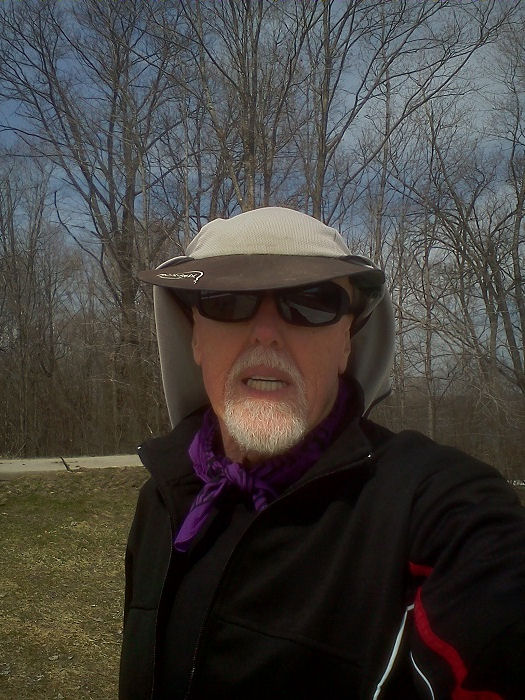
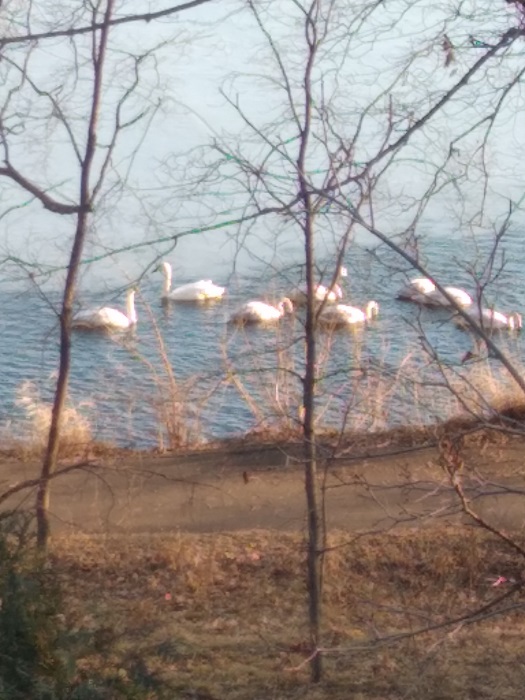
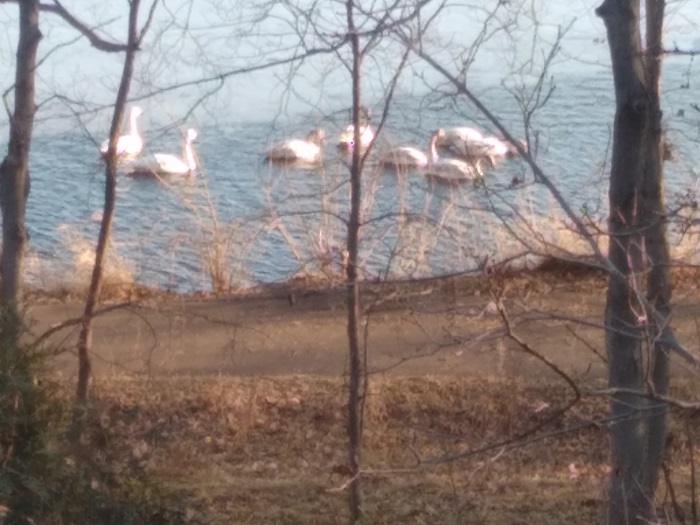
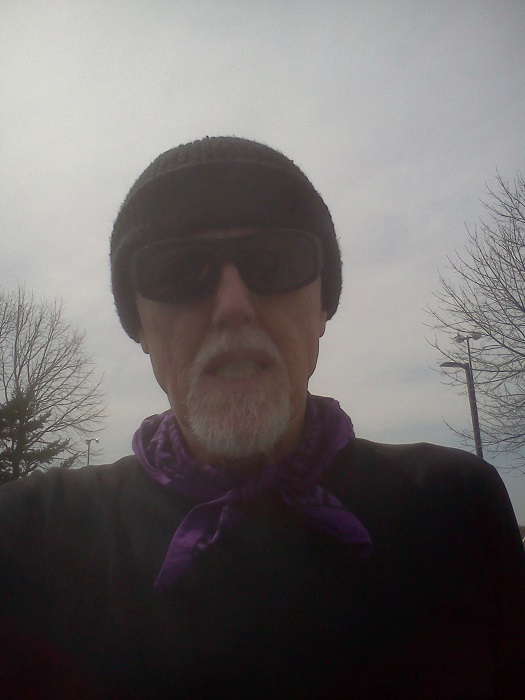
Thomas "Sully" Sullivan
https://www.thomassullivanauthor.com
https://www.facebook.com/thomas.sullivan.395
